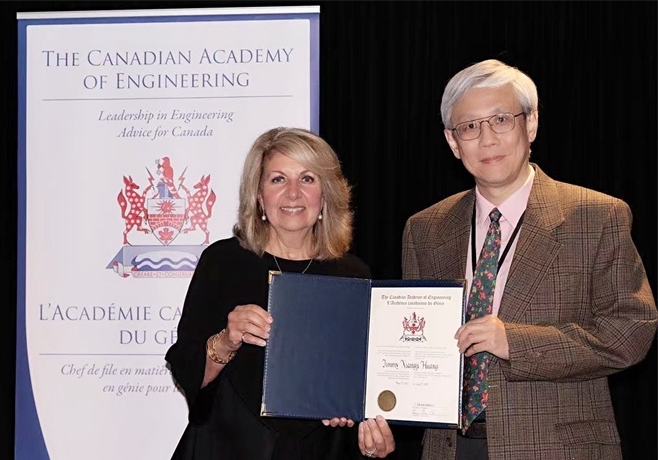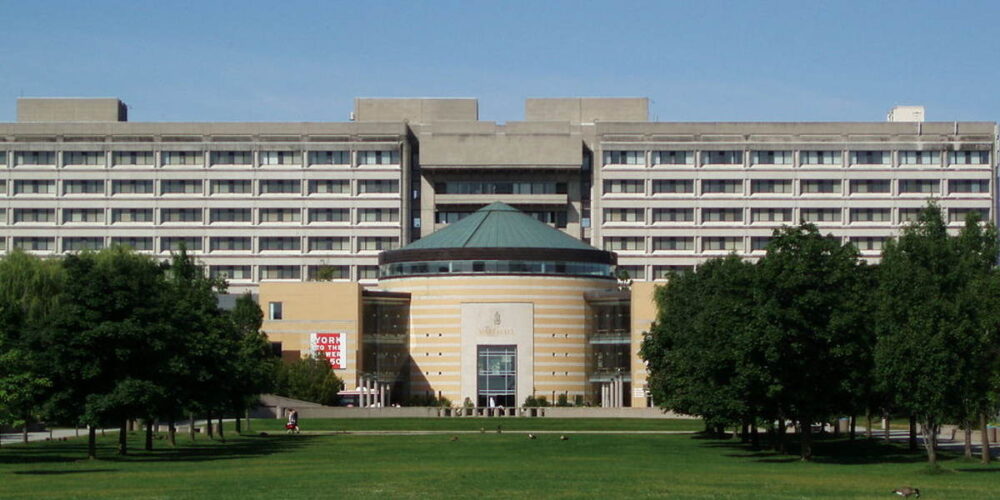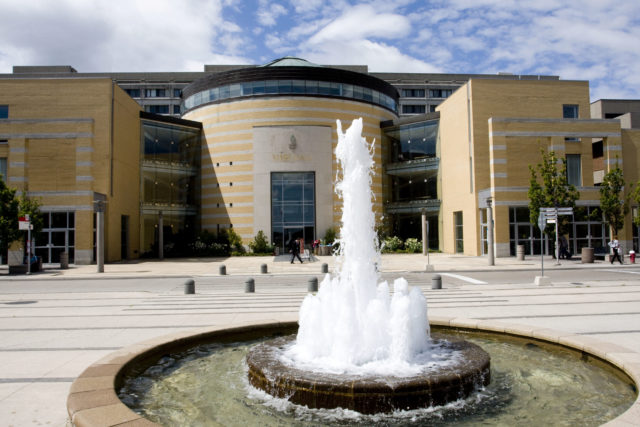(May 16, 2025 Comprehensive report from web news) Professor Jimmy Huang of York University in Canada earned his Ph.D. during his studies at the University of London in the UK and later completed his postdoctoral research in Computer Science at the University of Waterloo in Canada. In November 2024, Professor Huang was successfully elected as a Fellow of the IEEE (Institute of Electrical and Electronics Engineers) via the Computer Society, and on May 15, 2025, he was elected as a Fellow of the Canadian Academy of Engineering (CAE).

Dean of CAE, Catherine Karakatsanis, presents the fellowship certificate to Professor Jimmy Huang (right).
Professor Huang is currently a tenured professor at York University in Toronto, Canada. He holds the Tier 1 York Research Chair in Big Data Analytics, serves as Dean, doctoral advisor, and has previously chaired the Tenure and Promotion Committee at York’s Academic Senate. He is the founder and director of York University’s flagship Information Retrieval and Knowledge Management Laboratory, Chair of the IEEE Technical Committee on Intelligent Informatics (TCII), ACM Distinguished Scientist, Fellow of the British Computer Society, Fellow of the International Society of Network Intelligence, and Fellow of the Asia-Pacific Artificial Intelligence Association. He has served as General Chair of top-tier international conferences in the field, such as ACM CIKM 2010 and ACM SIGIR 2020.
Professor Huang has also held key roles including committee or program chair, area chair, and sponsorship chair for top international conferences such as ACM SIGIR, SIGKDD, CIKM, WWW, WSDM, IJCAI, AAAI, ICML, and ACL. He has served as a reviewer and panel expert for the **U.S. National Science Foundation (NSF)**, **Canada’s Natural Sciences and Engineering Research Council (NSERC), and the Social Sciences and Humanities Research Council (SSHRC). In 2007, he received Canada’s Early Researcher Award (previously known as the Premier’s Research Excellence Award), and in 2008, the Young Innovator Award. In 2015, he was nominated by NSERC as a Canada Research Chair – Tier 1, and in 2017, he was named an ACM Distinguished Scientist—an honor held by only 43 scientists globally at the time.
His main research areas include information retrieval, natural language processing, artificial intelligence, machine learning, and data mining, with a focus on complex structured big data analytics. He has published over 360 academic papers in leading international journals and conferences, and his work has had a significant impact in both academia and industry worldwide.

York University, Canada
The Institute of Electrical and Electronics Engineers (IEEE) is a global non-profit professional technical organization founded in 1963. It traces its roots back to the American Institute of Electrical Engineers (founded in 1884) and the Institute of Radio Engineers (founded in 1912). Headquartered in New York, USA, IEEE has over 409,000 members in more than 160 countries, covering fields related to electrical, electronic, and computer sciences and technologies. Most members are electrical engineers, computer engineers, and computer scientists.
IEEE Fellow is the highest grade of IEEE membership, awarded annually by peer review to those holding senior or lifetime IEEE membership. The number of Fellows elected each year is no more than 0.1% of the total IEEE membership. It recognizes outstanding contributions to the advancement or application of engineering, science, and technology that have brought significant value to society. IEEE Fellow is widely regarded as a prestigious honor and major career achievement in academia and industry, awarded only to world-class scientists and engineers with top-tier accomplishments.
The Canadian Academy of Engineering (CAE), founded in 1987, is one of the most internationally influential organizations in Canada’s engineering field. It is an independent, self-governing, non-profit institution, composed of a small number of distinguished engineers from various disciplines. Fellows are nominated and elected by peers based on their outstanding achievements in research and long-term service in the engineering profession. Being elected as a Fellow of the Canadian Academy of Engineering is the highest honor in Canada’s engineering community, representing national-level scientific excellence and contributing to national research evaluation and policy-making as part of the federal government’s advisory think tank.
Editor: River


